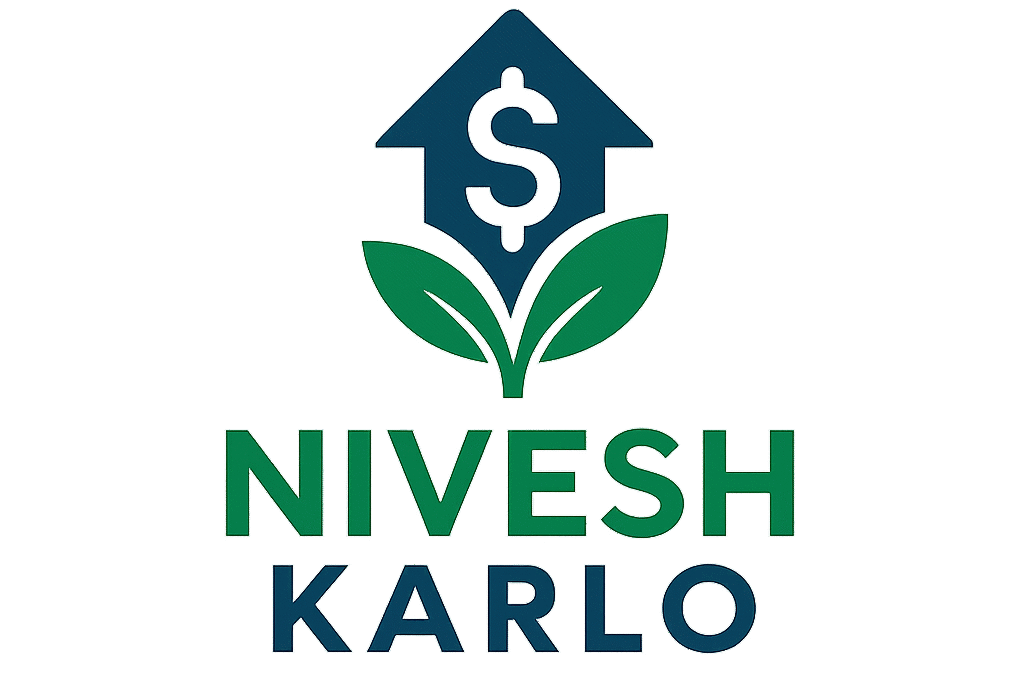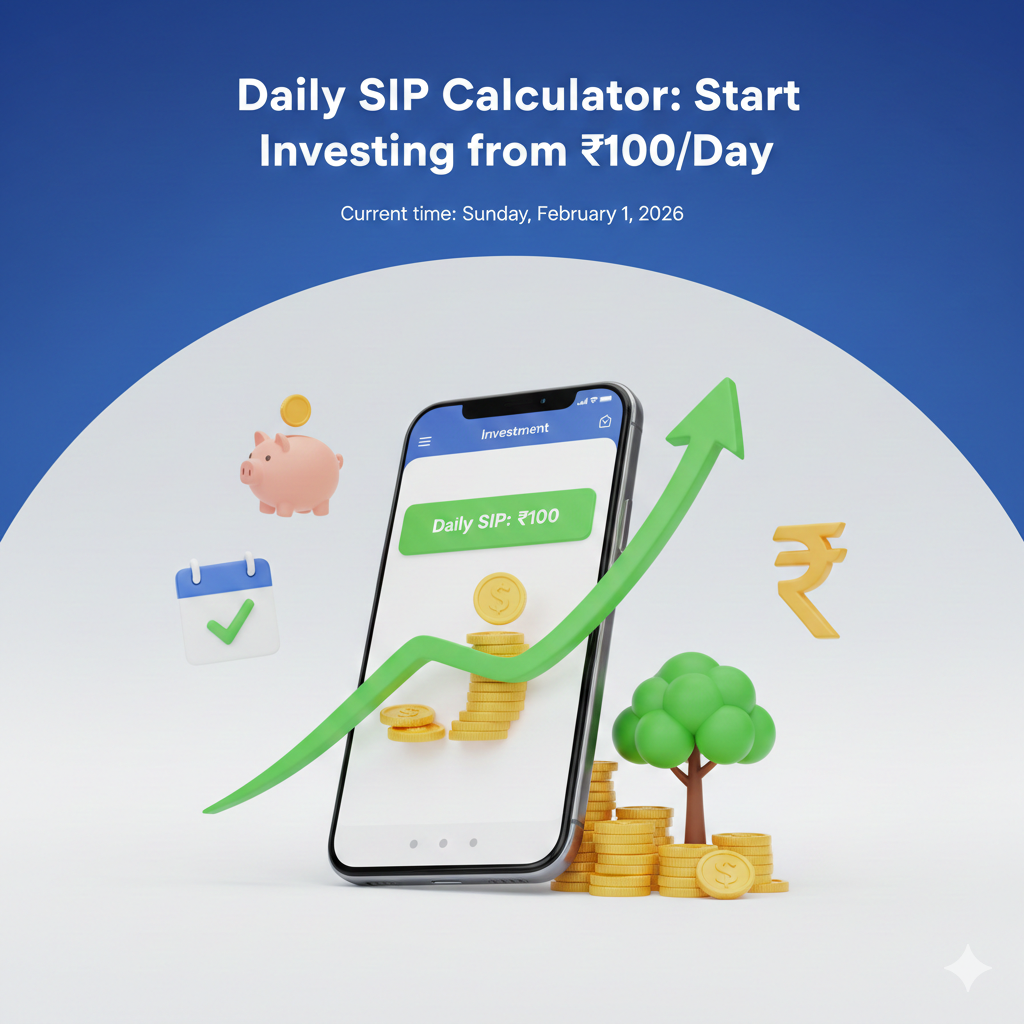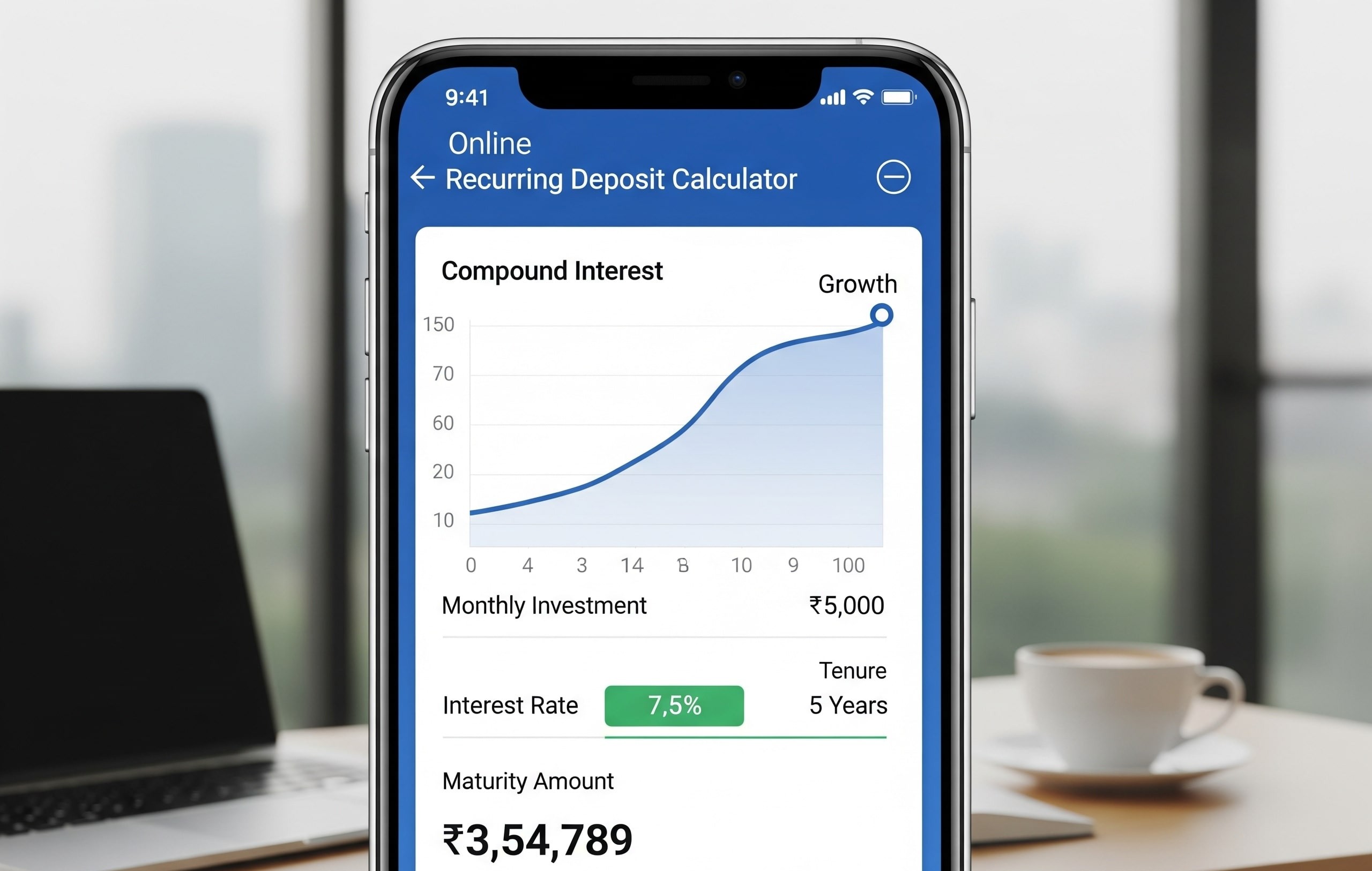How to Apply for a Small Business Loan: A Step-by-Step Guide” is a comprehensive resource for entrepreneurs looking to secure financing for their businesses. The guide breaks down the process into easy-to-follow steps, from assessing business needs and identifying the right type of loan to completing the application and gathering the required documentation. It also offers tips for improving creditworthiness and increasing the chances of approval. The guide emphasizes the importance of preparation and organization and provides practical advice for navigating the often complex and time-consuming process of applying for a small business loan.

Types of Small Business Loans
Small business loans are a vital source of funding for entrepreneurs and small business owners looking to start, expand, or maintain their businesses. With several loan options available, it is essential to understand the different types of small business loans and their benefits and drawbacks.
Term Loans
Term loans are one of the most popular types of small business loans. A term loan involves borrowing a fixed amount of money, which must be repaid with interest over a set period. The repayment term for a term loan usually ranges from one to ten years. Term loans may be secured or unsecured, and the interest rates and repayment terms vary depending on the lender.
SBA Loans
SBA loans are guaranteed by the Small Business Administration, a federal agency that provides support to small businesses. SBA loans have lower interest rates and longer repayment terms than most other types of loans. The SBA has several loan programs, including the 7(a) loan program, which is the most popular. To qualify for an SBA loan, you must have a sound business plan, a good credit score, and sufficient collateral.
Business Lines of Credit
A business line of credit is a type of loan that provides access to a predetermined amount of funds that you can draw from when needed. You can use a business line of credit to finance short-term needs, such as payroll, inventory, or unexpected expenses. Interest rates on business lines of credit tend to be higher than those on term loans, and repayment terms are generally shorter.
Also Read: A Complete Guide on Best student loan for studying Abroad
Equipment Financing
Equipment financing is a loan specifically designed to help you purchase equipment for your business. With equipment financing, the equipment itself serves as collateral for the loan. Interest rates on equipment financing tend to be lower than those on other types of loans because the equipment is used as collateral.
Apply for a Small Business Loan
Applying for a small business loan can be a complex process, but it is a necessary step in securing financing for your business. Here are some steps to follow when applying for a small business loan:
- Determine the type of loan that’s best suited for your business. Consider factors such as the amount of money you need, the repayment term, and the interest rate.
- Gather the necessary documentation. Depending on the lender and the type of loan you’re applying for, you may need to provide financial statements, tax returns, business plans, and other documentation.
- Shop around for lenders. Compare rates, terms, and fees from different lenders to find the best loan for your business.
- Submit your application. Fill out the loan application and provide the necessary documentation. The lender will review your application and determine whether to approve your loan.
How to Apply for a Government Small Business Loan
Government small business loans, such as SBA loans, have specific requirements and application processes. Here are the steps to follow when applying for a government small business loan:
- Determine which loan program is right for your business. The SBA has several loan programs, including the 7(a) loan program, the Microloan program, and the CDC/504 loan program.
- Gather the necessary documentation. To qualify for an SBA loan, you’ll need to provide detailed financial information about your business, including financial statements, tax returns, and a business plan.
- Apply for the loan. You can apply for an SBA loan through the SBA’s website or an approved lender. The SBA will review your application and determine whether you meet the requirements for the loan.
Finding the Best Low Interest Small Business Loans
When it comes to applying for a small business loan, the interest rate is an essential factor to consider. A low-interest small business loan can help you save money over the life of the loan. Here are some tips for finding the best low-interest small business
FAQs on small business loans:
Q: What is a small business loan?
A: A small business loan is a type of loan that is specifically designed to provide financing for small businesses. These loans can be used for a variety of purposes, such as starting a new business, expanding an existing one, or covering unexpected expenses. Small business loans are typically offered at lower interest rates than other types of loans and can be either secured or unsecured.
Q: How do I qualify for a small business loan?
A: Qualifying for a small business loan can be a bit challenging since lenders tend to have strict requirements. Generally, you’ll need to have a strong credit score, a solid business plan, and some form of collateral to secure the loan. Lenders will also take a look at your business’s financial history and may ask for additional documentation, such as tax returns and financial statements.
Q: What types of loans are available?
A: There are several types of small business loans available, each with its own features and benefits. SBA loans are backed by the Small Business Administration and offer low-interest rates and flexible repayment terms. Term loans are a type of loan that is repaid over a set period and can be either secured or unsecured. Lines of credit are revolving credit lines that can be used as needed and offer flexible repayment terms. Equipment financing is a type of loan that is used to purchase equipment or machinery for your business.
Q: What are the interest rates for small business loans?
A: Interest rates for small business loans can vary widely depending on the type of loan and the lender. SBA loans typically offer the lowest interest rates, ranging from 7.75% to 10.25%. Term loans and lines of credit can have interest rates ranging from 6% to 30%, depending on the lender and your creditworthiness. Equipment financing rates can range from 8% to 30%, depending on the type of equipment and your credit score.
Hello there, my name is Phulutu, and I am the Head Content Developer at Nivesh Karlo. I have 13 years of experience working in fintech companies. I have worked as a freelance writer. I love writing about personal finance, investments, mutual funds, and stocks. All the articles I write are based on thorough research and analysis. However, it is highly recommended to note that neither Nivesh Karlo nor I recommend any investment without proper research, and to read all the documents carefully.






Leave a Reply